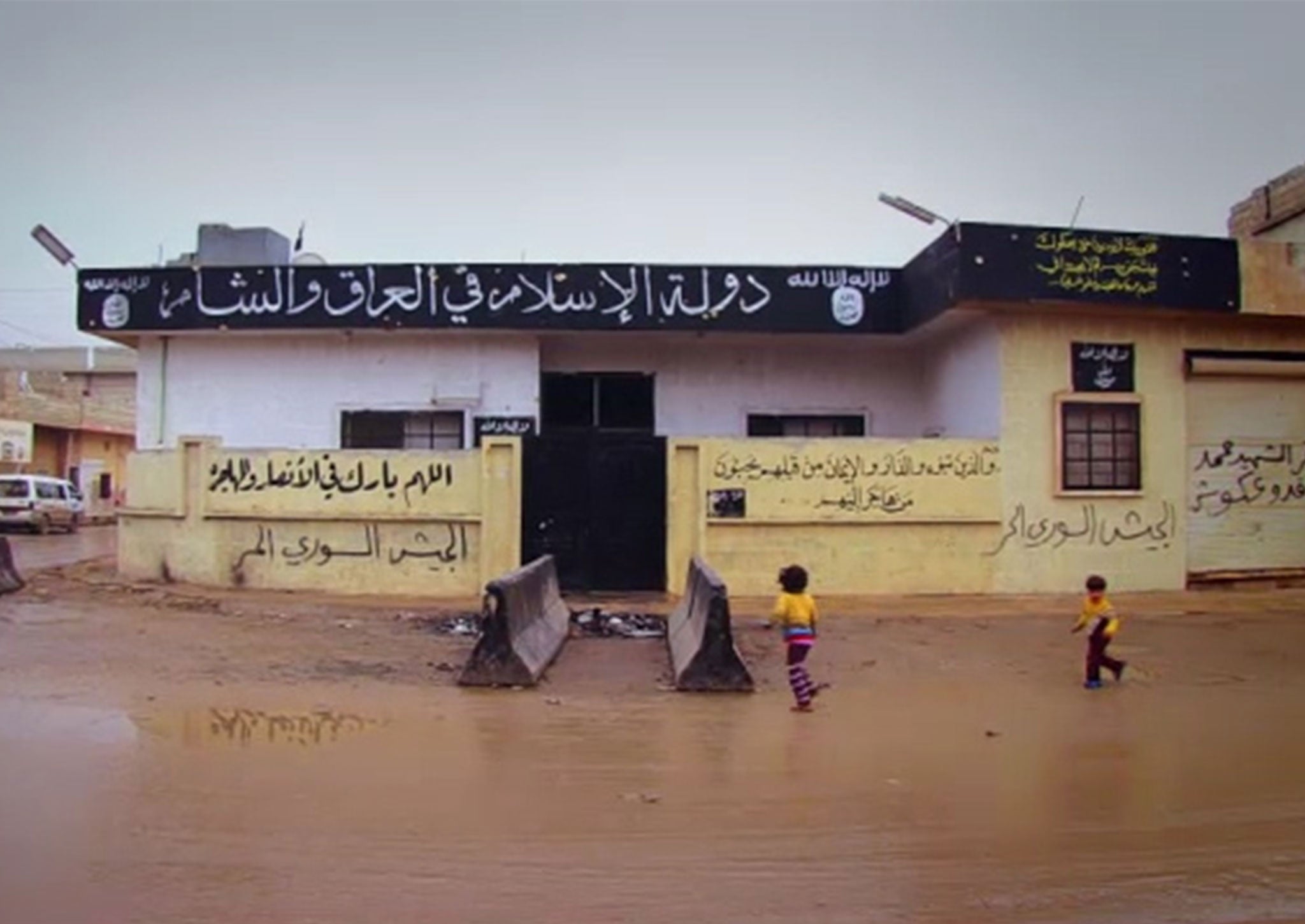Rory Peck Awards 2014 Features Finalist: Muhammad Ali
Ali has been nominated for Syria's Second Front, which follows Free Syrian Army fighters as they battle Isis and Assad in Syria

Your support helps us to tell the story
From reproductive rights to climate change to Big Tech, The Independent is on the ground when the story is developing. Whether it's investigating the financials of Elon Musk's pro-Trump PAC or producing our latest documentary, 'The A Word', which shines a light on the American women fighting for reproductive rights, we know how important it is to parse out the facts from the messaging.
At such a critical moment in US history, we need reporters on the ground. Your donation allows us to keep sending journalists to speak to both sides of the story.
The Independent is trusted by Americans across the entire political spectrum. And unlike many other quality news outlets, we choose not to lock Americans out of our reporting and analysis with paywalls. We believe quality journalism should be available to everyone, paid for by those who can afford it.
Your support makes all the difference.The Rory Peck Awards celebrate the dangerous and invaluable work of freelancers around the world. This year's event will be hosted on November 19 at the BFI Southbank. To find out more click here.
Muhammad's film was one of the first to show how the revolution in Syria devolved into a fight between rebels and extremist factions. Muhammad, a freelance journalist and filmmaker from Syria, travelled with a group of Free Syrian Army fighters, who - formed to fight the al-Assad regime – now found themselves fighting ISIS too.
From Muhammad:
I drove across northern Syria in Winter 2013 under the protection of the Free Syrian Army (FSA): There were three cars in our convoy and a total of seven fighters, carrying AK-47 machine guns and grenades in their pockets. As we proceeded on our journey, we passed towns and villages controlled by the jihadist Islamic State of Iraq and al-Sham (ISIS) - now calling themselves The Islamic State - nestled along the northern border with Turkey and further to the south. “Those calling for democracy are an enemy of Islam,” read one of the group's slogans plastered on the walls we passed. “There's no hope for people who have the Quran, but don't appreciate it,” read another.
What would normally be a two-hour journey was transformed into a seven-hour ordeal as we took routes designed to avoid the numerous ISIS checkpoints dotting the roads. We passed the town of al-Atareb, where the jihadists' black flag fluttered atop a hill dominating the village. While both ISIS and FSA were present in the town at that point in December, their co-existence was uneasy: the previous month, it had been the site of the execution of seven fighters from the FSA battalion of Ghurabaa al-Sham, including their leader Hassan Jazarah — a brutal act meant to show ISIS's strength, and cow the more moderate rebels into silence.
One day, ISIS called the civilians of the city to attend a rally. ISIS fighters handed out juice, and organized a Quran-reading competition for children. The winners of the contest — those who had memorized the Quran the best — were given the equivalent of $50.
The rally was also an effort to bolster the group’s ranks of fighters. The rebels with whom I travelled noted with surprise that the ISIS recruiters had previously belonged to their own groups. As the ISIS spokesman called on citizens to join the group, he openly insulted other battalions: “When you pay homage to ISIS, it means that you accept to fight wherever I will send you, be it in Deir ez-Zor or Khan Toman,” he said. “We do not want a mess like other FSA battalions.”
The most risky period for me was when the rebels launched their counter attack against ISIS, who started sending in suicide bombers in response. Suicide bombs were running every day, and the day that the rebels stormed al-Atareb, ISIS went crazy. Six suicide bombers blew up their bodies beside us - the most terrifying was when one member blew himself up in a car just 200 meters away from where we were sleeping. The force of the explosion threw us out of our beds. Two rebel fighters were killed in this attack.
Covering this war has changed me completely. Before the conflict, I was an economics journalist, covering financial stories and the stock market. Filming in a war zone wasn’t on my agenda. My maybe my investigative reporting skills have helped me do this work.
I was injured after a tank attack last year when I was making a documentary. But it didn’t stop me from carrying on. Just as a kidnapping from armed militia didn’t stop me in 2011. When you’re filming in a city you don’t know when the artillery will start shelling. That’s happened many times in front of me.
But ultimately it all just pushes you to continue on, more than ever, because you want to defy the darkness in this world. Through your work, by reporting the story, you can shine a light and make everything white and clear. So when you go in again, you aren’t afraid — instead, you are even more encouraged to go on.
Join our commenting forum
Join thought-provoking conversations, follow other Independent readers and see their replies
Comments